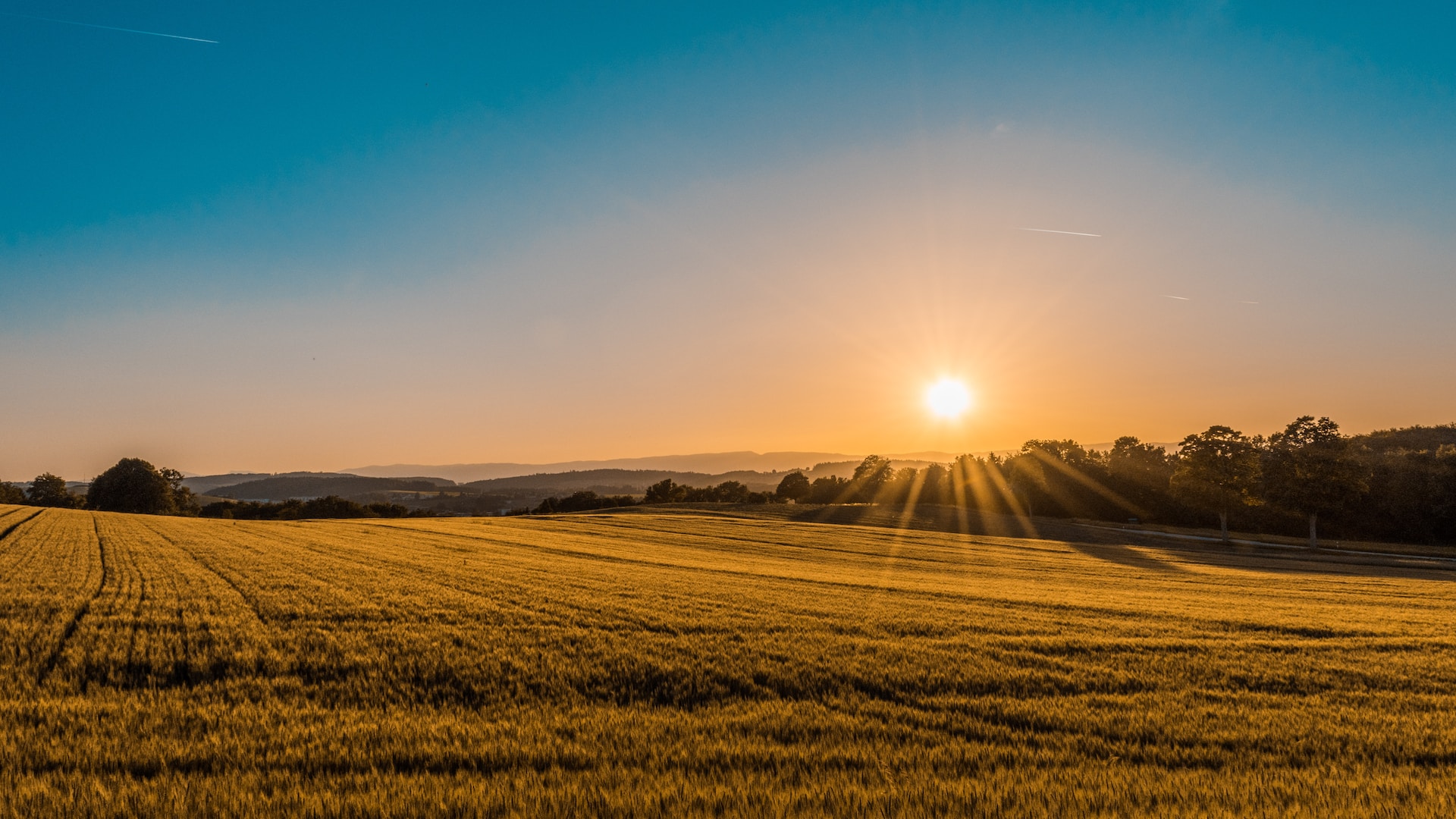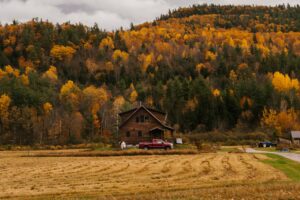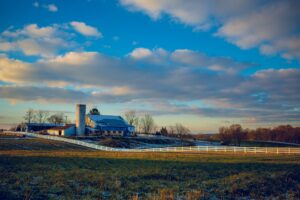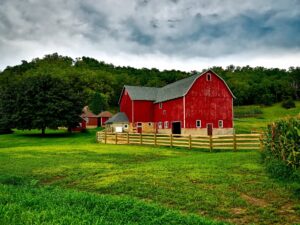

Achieving Your Goals in the Country Property Market
Many people dream of living in the countryside. They desire more space, a closer connection to nature, and a peaceful environment. Buying or selling property outside the city presents unique opportunities and challenges. Unlike urban transactions, rural real estate involves considerations like land use, private services, and property access. Understanding these factors is key to a successful purchase or sale. This post provides clear information for anyone interested in country living. It offers a straightforward plan for maximizing success in rural real estate.
We will explore the critical steps you must take. We will cover the importance of zoning regulations and how they affect your property. You will learn about evaluating essential systems like wells and septic tanks. We will also discuss property access, surveys, and the specific hurdles of financing a rural home. Whether you are buying your dream hobby farm or selling a cherished family property, this knowledge will empower you. It prepares you to make informed decisions and achieve your real estate objectives with confidence.
Land Parcels and Zoning Regulations
Every rural property is governed by municipal zoning by-laws. These rules dictate how you can use the land. A property might be zoned agricultural, rural residential, or have environmental protections. An agricultural zoning may limit non-farming activities. An environmental protection zone, often managed by a conservation authority, might restrict where you can build structures. It is vital to understand these designations before you commit to a property. They directly impact your plans for the land, from building a new garage to starting a small business.
You can find this information at the local municipal office. You should always verify the zoning yourself or with your real estate agent. Do not rely solely on the property listing. Ask specific questions about your intentions for the property. Can you build an accessory dwelling unit? Are you permitted to operate a home-based business? Getting clear answers early prevents expensive surprises later. This due diligence ensures the property you love aligns perfectly with the lifestyle you envision.
Related Article: Click the link to find rural realtors nearby
Related Article: Follow the link if you need to find land realtors nearby
Confirming Access Rights and Survey Details
How you get to and from your property is a fundamental detail. Rural properties can have different types of access. Some are on publicly maintained roads that are serviced year-round. Others are on private roads or lanes that residents share and maintain. Some roads may even be seasonal, meaning they are not ploughed in the winter. This can affect your ability to get a mortgage and can limit access for emergency services. You need to confirm the exact nature of the road access for any property you consider.
Equally important are the property boundaries. A recent land survey is the best tool to understand the exact dimensions of your property. It clearly marks the property lines, preventing potential disputes with neighbours. A survey also identifies any easements or rights-of-way. An easement might give a utility company the right to run lines across your land. A right-of-way could grant a neighbour the legal right to use your driveway to access their own property. Understanding these elements is essential for knowing exactly what you are buying.
Related Article: The Importance of Rural Specialists in the Industry
Related Article: Is Experience Essential for Success in Land Development?
Acquiring Mortgages for Country Homes
Financing a rural property can differ from financing a home in the city. Lenders often apply different criteria. The size of the land is a major factor. Some financial institutions may only lend on the value of the house plus a small number of acres, like five or ten. If you are buying a property with 100 acres, you may need a larger down payment or a specialized lender. The type of property also matters. Lenders can be more cautious with unique structures like log homes, barns, or properties with significant outbuildings.
To ensure a smooth process, you should get pre-approved for a mortgage early. It is best to work with a mortgage broker who has experience with rural and agricultural properties. They have access to a wider range of lenders, including credit unions and private lenders who understand the country market. An experienced broker can package your application effectively. They will highlight the property’s strengths and connect you with the right financial partner. This proactive step helps you shop with confidence and strengthens your position when you make an offer.
Marketing Your Rural Property Effectively
When you sell a rural property, you are selling more than a house. You are selling a lifestyle. Effective marketing captures this unique appeal. Professional photography is a must. You should include drone photos and videos to showcase the entire property, including the land, forests, ponds, and any outbuildings. These visuals help potential buyers appreciate the scale and beauty of the setting. They allow someone to envision themselves walking the trails, gardening, or working in the workshop before they even visit.
Your listing description should provide comprehensive details that rural buyers need.
-
Detailed System Information
Clearly state the type of well, the date of the last water test, and the age and condition of the septic system. Mention the heating source, like propane or geothermal, and the internet provider and connection speed.
-
Land and Outbuildings
Describe the land’s features. Mention any trails, cleared fields, or wooded areas. List all outbuildings, like barns or sheds, with their dimensions and potential uses.
-
The Lifestyle Benefit
Paint a picture of life on the property. Talk about the privacy, the views, the wildlife, or the opportunities for recreation. Transparency builds trust and attracts serious, well-informed buyers.
Related Article: What Percentage Do Most Realtors Charge for Land?
Related Article: Understanding the Zoning and Land Use Regulations of Rural Real Estate
Partnering with a Rural Real Estate Specialist
Buying or selling in the country involves many unique details. A real estate agent who specializes in rural properties brings invaluable knowledge to the transaction. They understand the specific questions to ask and the potential issues to look for. A specialist knows the local zoning by-laws and has relationships with municipal staff. They can guide you through the complexities of severance, land use, and conservation authority regulations. This expertise helps you avoid common pitfalls and make sound decisions.
A rural agent also has a network of essential local professionals. They can recommend reputable well and septic inspectors, surveyors, and lawyers who are familiar with country property transactions. This network is crucial for conducting thorough due diligence. For sellers, a specialist knows how to market the unique features of a rural property to the right audience. Their experience ensures your property is priced correctly and presented effectively. Working with an expert provides peace of mind and is a critical step toward achieving your goals.
Related Article: Identifying the Right Location for a Rural Property
Related Article: How Many Acres Do You Need to Be Considered a Farm For Taxes in Ontario?
Conclusion
Achieving a great outcome in the country property market is entirely possible with the right approach. It begins with a deep understanding of the land itself, from its zoning to its physical boundaries. You must perform careful due diligence on the private systems that support the home, including the well and septic. Confirming legal and physical access is another non-negotiable step. These foundational elements protect you from future complications and ensure the property truly fits your needs.
Securing the right financing and working with a professional who specializes in this market segment further stacks the odds in your favour. For sellers, showcasing the unique lifestyle and being transparent about the property’s details attracts the best buyers. For buyers, this preparation allows you to move forward with certainty. A rural property is more than an investment; it is a significant life choice. By following these principles, you prepare yourself for a smooth and rewarding real estate journey, ending with you in the country home of your dreams.


















